
5 Fruits Listed in the ‘Black Book’ That May Promote Cancer Cell Growth: Avoid Them No Matter How Cheap They Are
Fruits are often considered the gold standard of healthy eating. Rich in vitamins, antioxidants, and fiber, they’re promoted in nearly every diet. But not all fruits are created equal. Surprisingly, some fruits — depending on how they are grown, stored, or processed — can potentially harbor harmful substances or contribute to health risks, including cancer cell development. These concerns have led nutrition experts to caution against consuming certain fruits, especially when they appear on what some call the nutritional “black book” — a list of foods flagged for hidden dangers.
Below are five types of fruits that, while popular and inexpensive, may pose serious health risks if consumed regularly or without caution.
1. Preserved Dried Fruits with Sulfites
Dried fruits such as dried apricots, raisins, or prunes can be healthy in their natural form. However, many commercial versions are preserved with sulfites, a chemical that extends shelf life and enhances color. Sulfites have been linked to inflammatory reactions, headaches, respiratory issues, and — in large, long-term doses — may disrupt gut bacteria and increase cancer risk, especially in sensitive individuals.
✔ What to avoid: Brightly colored dried fruits that look overly "perfect" and come with long expiration dates.
2. Fruit Treated With Excessive Pesticides (e.g., Apples, Grapes)
Fruits like apples, grapes, and strawberries are among the most pesticide-contaminated produce items globally. Pesticide residues, even after washing, can accumulate in the body and have been associated with hormonal disruption and potential carcinogenic effects. According to the Environmental Working Group (EWG), apples and grapes consistently rank high in pesticide exposure.
✔ What to do: Opt for organic versions, or peel the fruit to reduce exposure.
3. Artificially Ripened Bananas
In some countries, bananas are artificially ripened using calcium carbide, a chemical banned in many regions due to its toxic side effects. Calcium carbide releases acetylene gas, which mimics the natural ripening hormone but can also cause neurological symptoms, intestinal issues, and has suspected carcinogenic properties. These bananas may look ripe on the outside but remain hard and tasteless inside.
✔ How to identify: Bananas that have a shiny yellow peel but feel hard and lack aroma may have been chemically ripened.
4. Overripe or Fermenting Fruits
Fruits left too long on the shelf can start to ferment, especially under warm conditions. Fermenting fruits produce alcohols and mycotoxins, including aflatoxins, which are known to be highly carcinogenic. Regular consumption of spoiled or overripe fruits may slowly damage liver cells and weaken immune function.
✔ Tip: Avoid fruits with an alcoholic smell, overly soft texture, or black spots indicating fungal growth.
5. Canned Fruits in Syrup
Canned fruits may seem convenient and budget-friendly, but they often come soaked in high-fructose corn syrup or refined sugar. Excess sugar consumption is a known contributor to inflammation, insulin resistance, and cancer cell growth. Furthermore, the BPA lining in cans can leach into the fruit, and BPA has been linked to hormone-related cancers such as breast and prostate cancer.
✔ Better choice: Choose canned fruits labeled “in water” or “100% juice,” and always read labels carefully.
Final Thoughts
Not all fruits are as innocent as they seem. While these items may appear healthy or appealing due to price or convenience, their hidden risks can silently damage your body over time. When it comes to cancer prevention and overall wellness, awareness and food quality matter more than ever.
Invest in fruits that are fresh, organic, and free from harmful chemicals. Your health is worth more than a bargain.
News in the same category

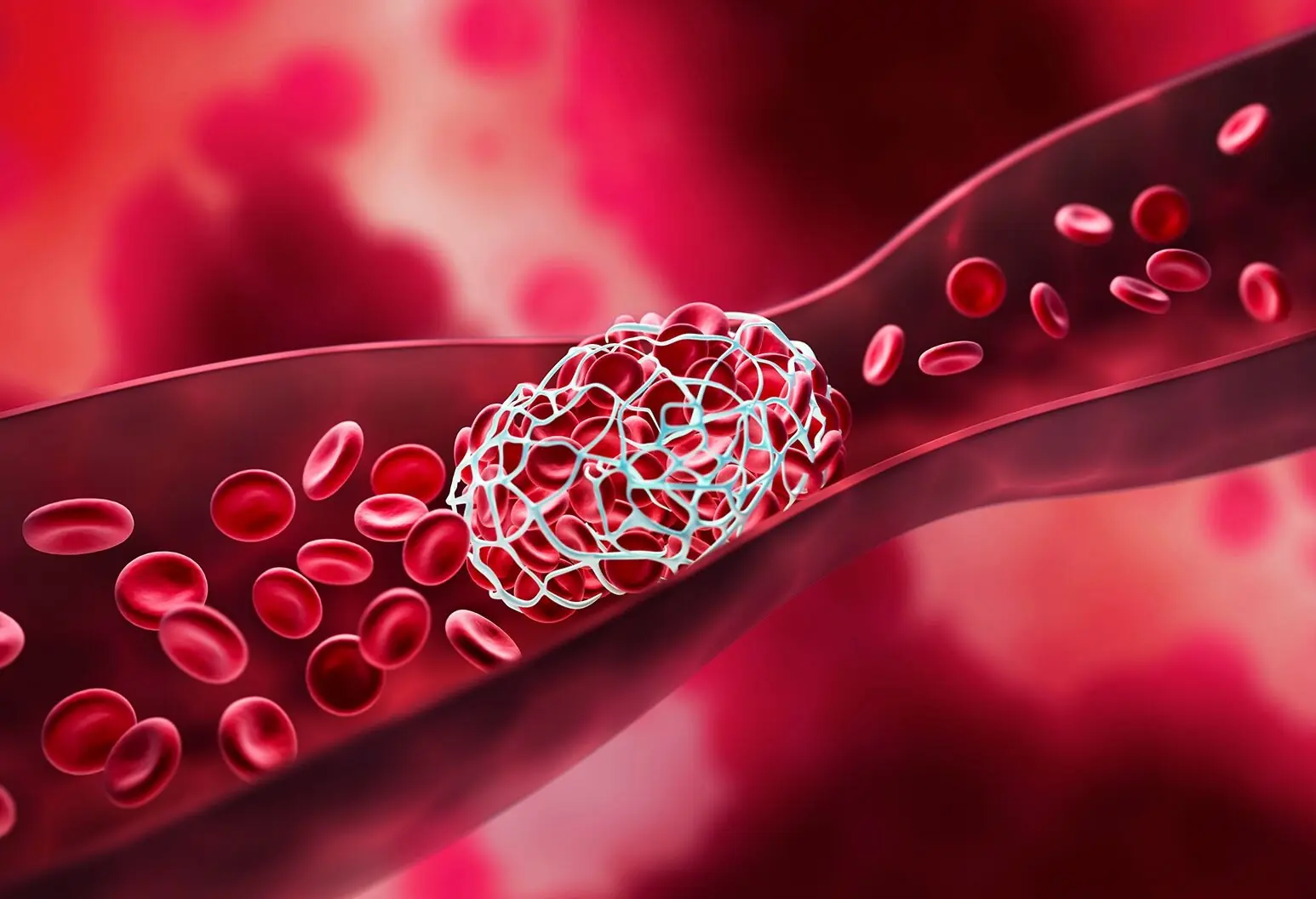
When There's a Blood Clot in the Body, It May Send You 4 Warning Signals You Shouldn't Ignore

Inside The 36-hour Fast: How Your Body Transforms Hour By Hour In Viral New Simulation

Eating Too Fast? Here’s Why Slowing Down Can Improve Digestion and Reduce Bloating

Why Letting a Baby “Cry It Out” May Be Harmful: What Science Says
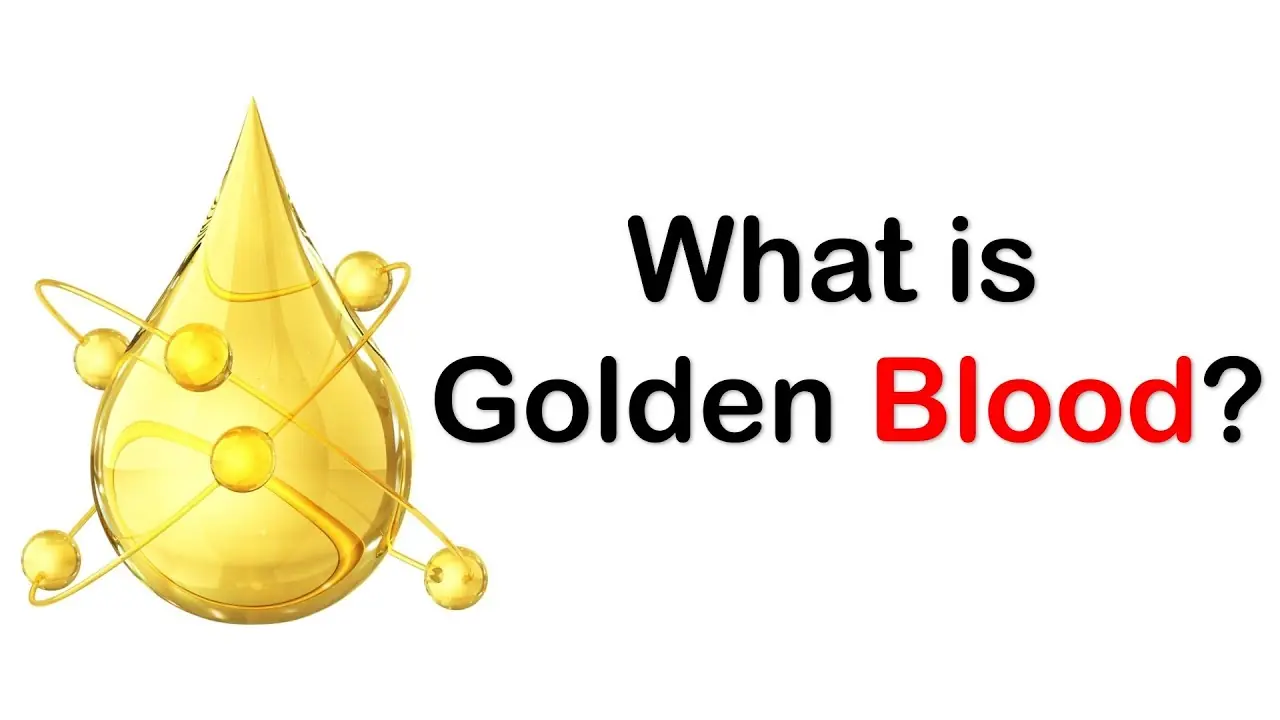
Rh-Null Blood: The World’s Rarest Blood Type, Also Known as "Golden Blood"

Recognizing Mini-Stroke Symptoms: A Crucial Step in Stroke Prevention

Experts Reveal 3 Warning Signs of Lip and Nail Cancer You Shouldn’t Ignore

Doctor Warns About the Risks of Not Washing Your Hair Regularly
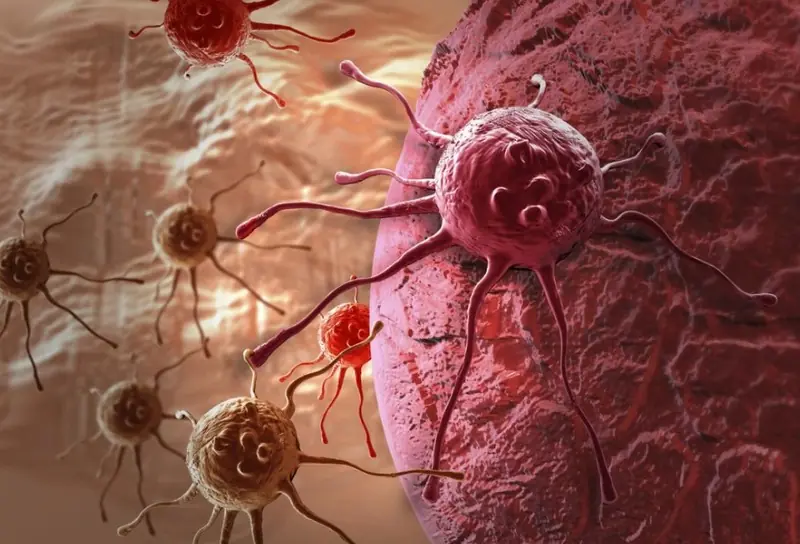
8 Foods That Are Natural Enemies of Tumors – Make Sure to Eat Them Regularly

Medical Experts Warn: 4 Early Morning Signs That Cancer Cells May Be Attacking Your Body
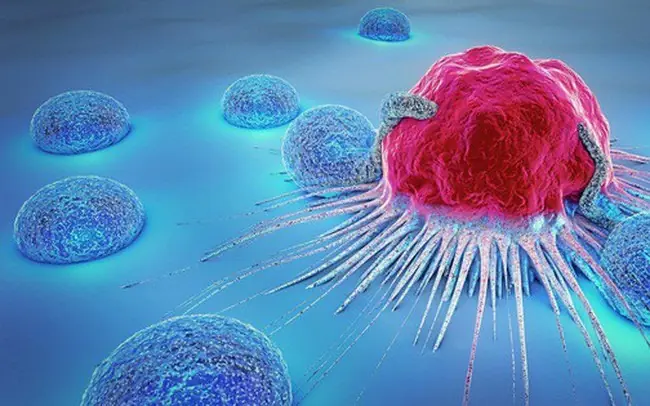
"On the Brink of Cancer: 5 Warning Signs Your Body Sends — Unusual Pain, Persistent Cough? See a Doctor Before It’s Too Late
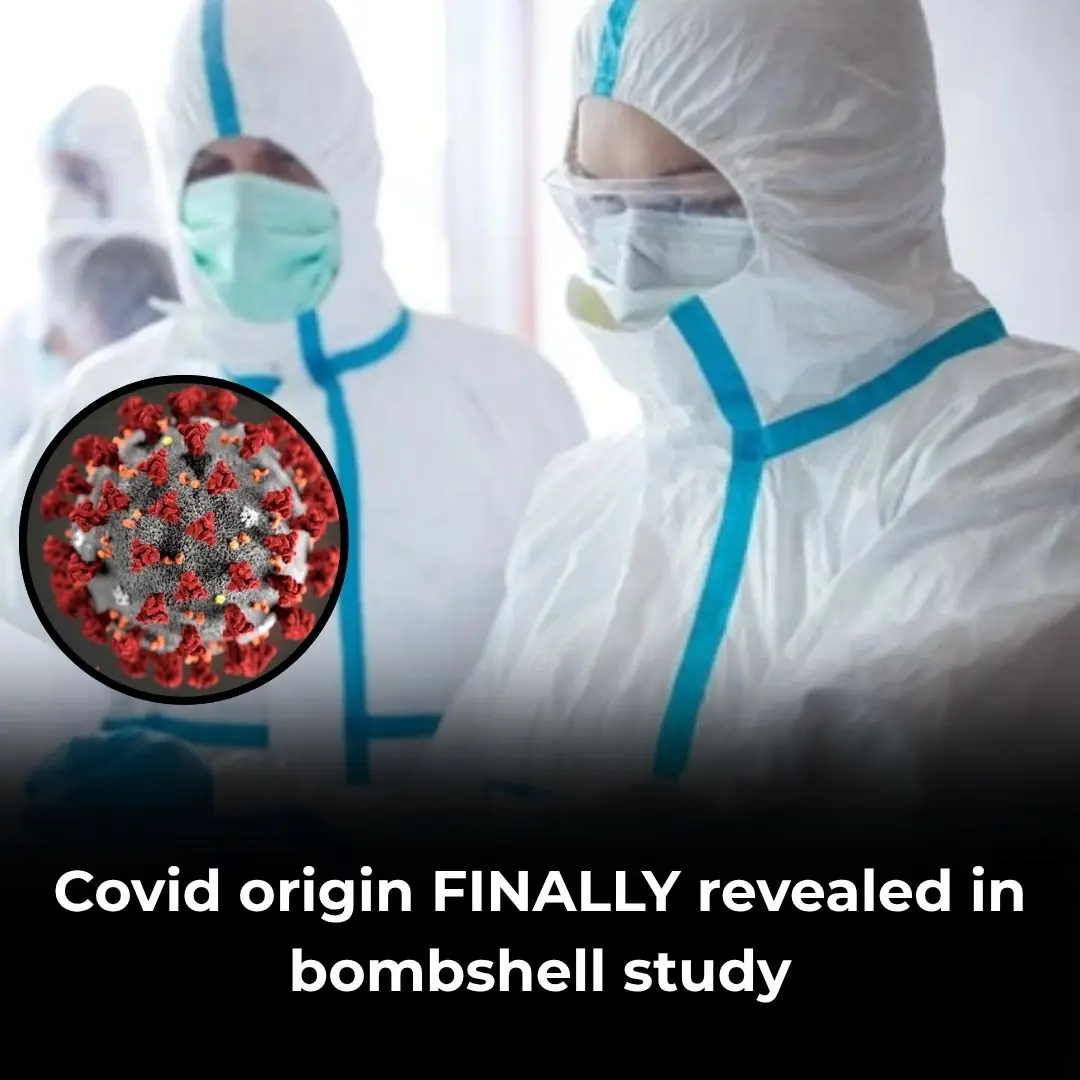
Covid origin FINALLY revealed in bombshell study…and it might not have been China after all

Woman who dismissed symptom with back as 'injury' diagnosed with deadly rare cancer

'Healthy and active' woman, 30, diagnosed with cancer after doctor ignored subtle symptom
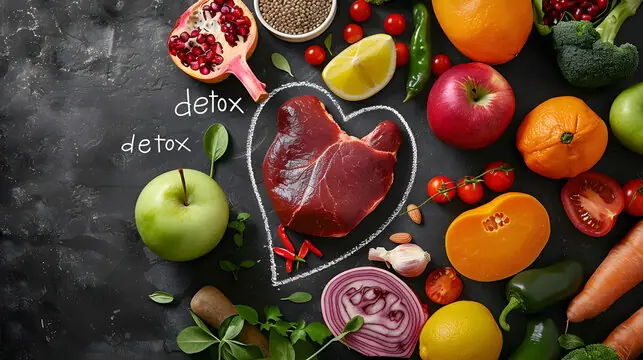
8 Powerful Foods to Naturally Cleanse and Detox Your Liver

Breakthrough Male Contraceptive Injection Offers Alternative to Condoms and Vasectomy

Scientists: 3 Days of Silence Is Enough to Rewire Your Brain
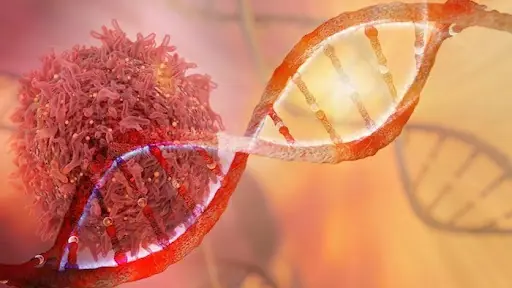
5 of the Best Anti-Cancer Foods — It’s Time to Start Adding Them to Your Diet
News Post

The Overview Effect: What Astronauts Realize After Seeing Earth from Space

25-year-old woman explains condition that makes her ‘look like an 8-year-old’

When There's a Blood Clot in the Body, It May Send You 4 Warning Signals You Shouldn't Ignore

Ocean Currents Could Generate 2.5x More Power Than Wind Farms, Study Finds
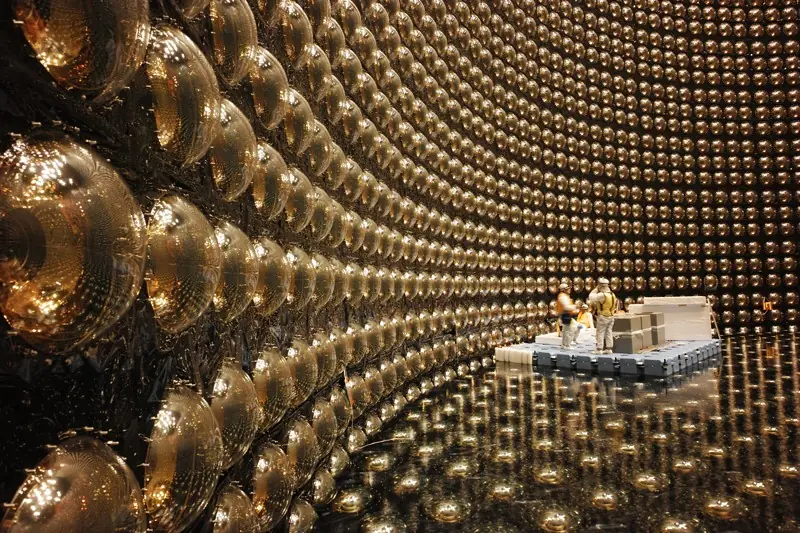
Inside Super-Kamiokande: The Japanese Neutrino Detector Unlocking the Secrets of the Universe

Inside The 36-hour Fast: How Your Body Transforms Hour By Hour In Viral New Simulation
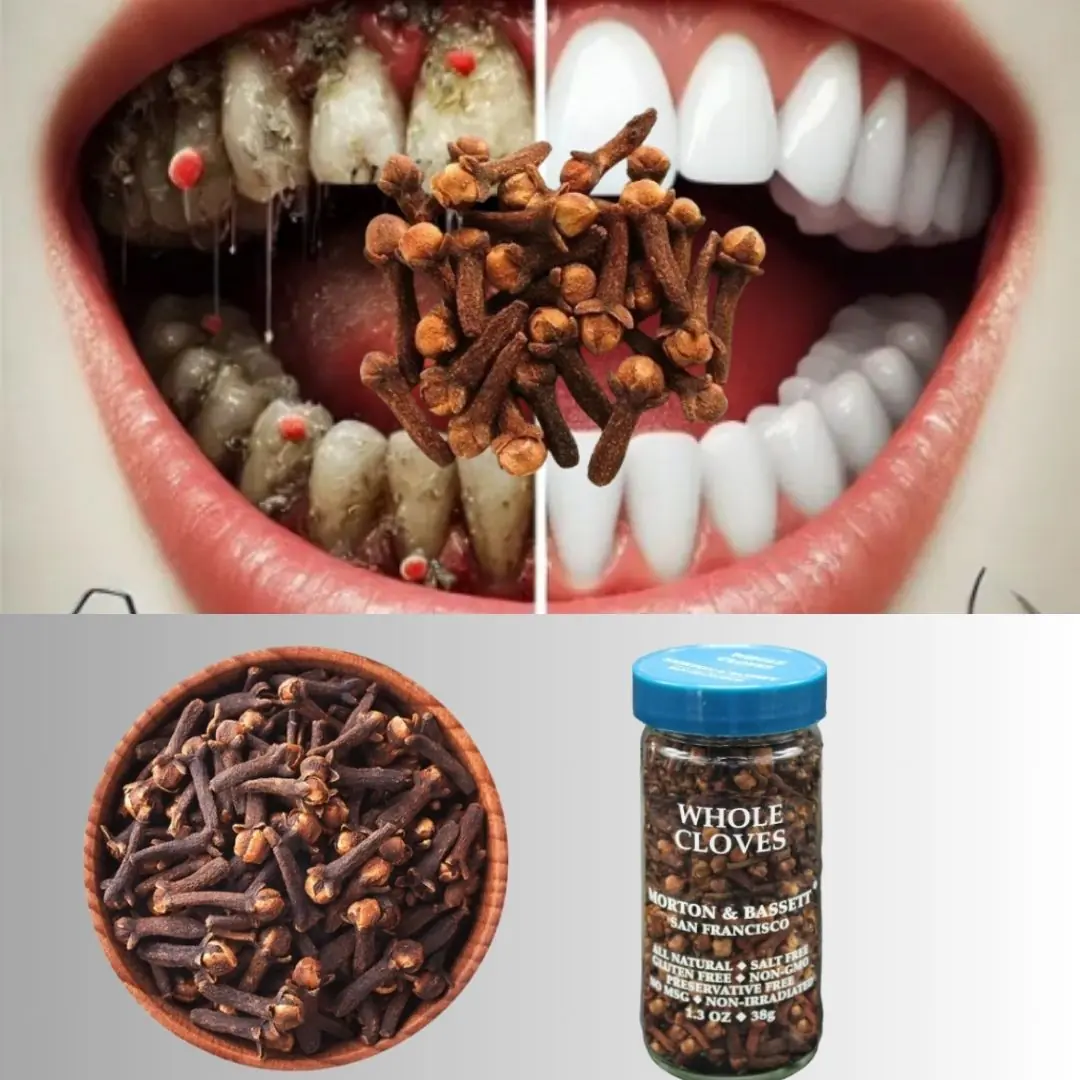
9 Natural Ways to Remove Plaque & Tartar Buildup
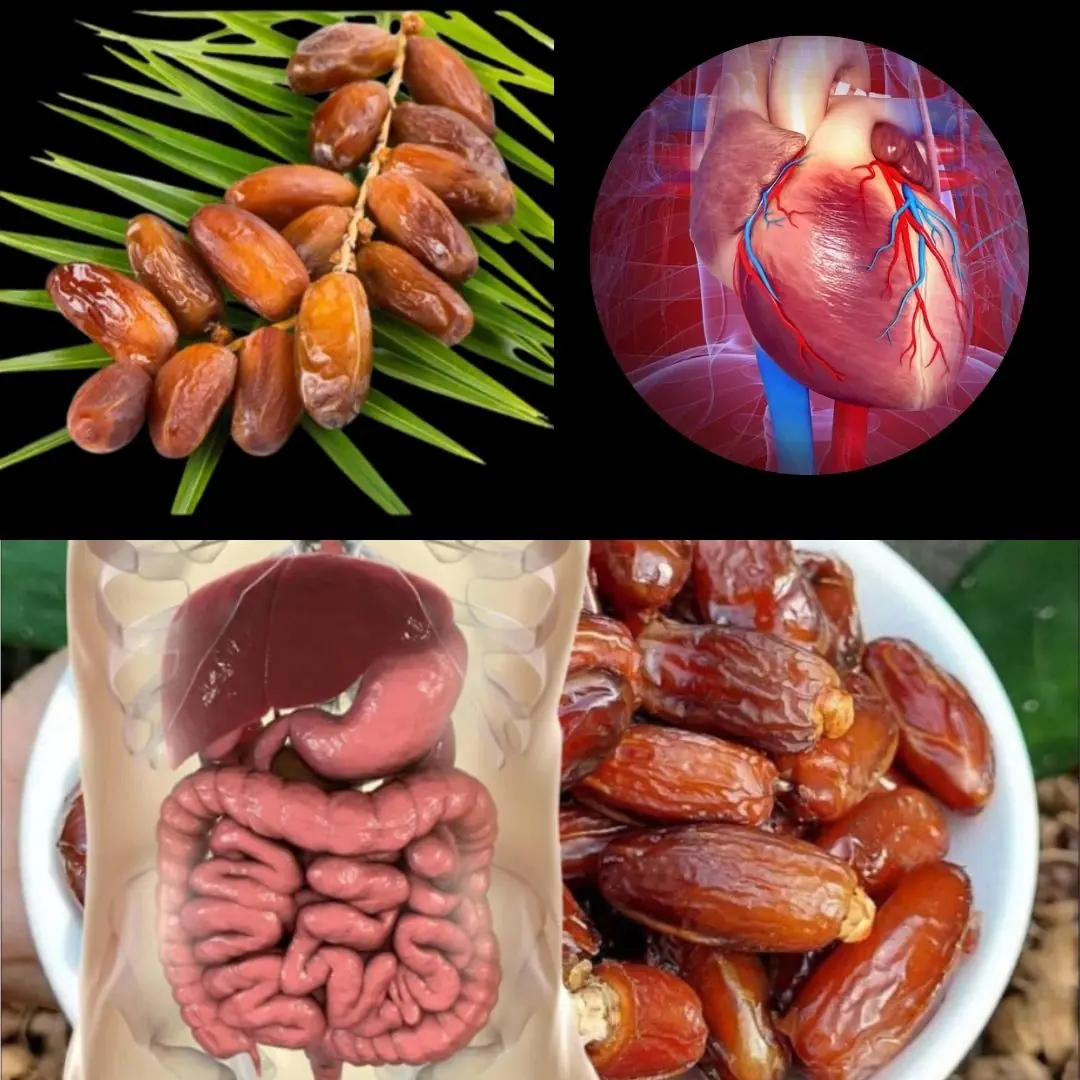
The Incredible Benefits of Dates: A Nutrient-Packed Superfood

Rude Parents Demanded I Not Eat on the Plane Because Their Spoiled Kid 'Might Throw a Tantrum' – I Taught Them a Lesson Instead

Woman Sees Her Husband Enter Motel with Girl and Come Out an Hour Later Shabby

My MIL Sabotaged My Daughter's Dress Before a School Pageant because She Wasn't Her Bio Grandkid

My FIL Insisted I Go On a Spa Weekend He Paid For – Halfway There, My Neighbor Called Screaming, 'It Was All Their Plan! Go Back Now!'

My Stepmother Kicked Me Out Two Days After My Father Died – The Next Morning, a Bunch of SUVs Showed up in Front of Her House

China’s Futuristic Ocean Lab Dubbed ‘Underwater Space Station’ Could Be Ready By 2030

Eating Too Fast? Here’s Why Slowing Down Can Improve Digestion and Reduce Bloating
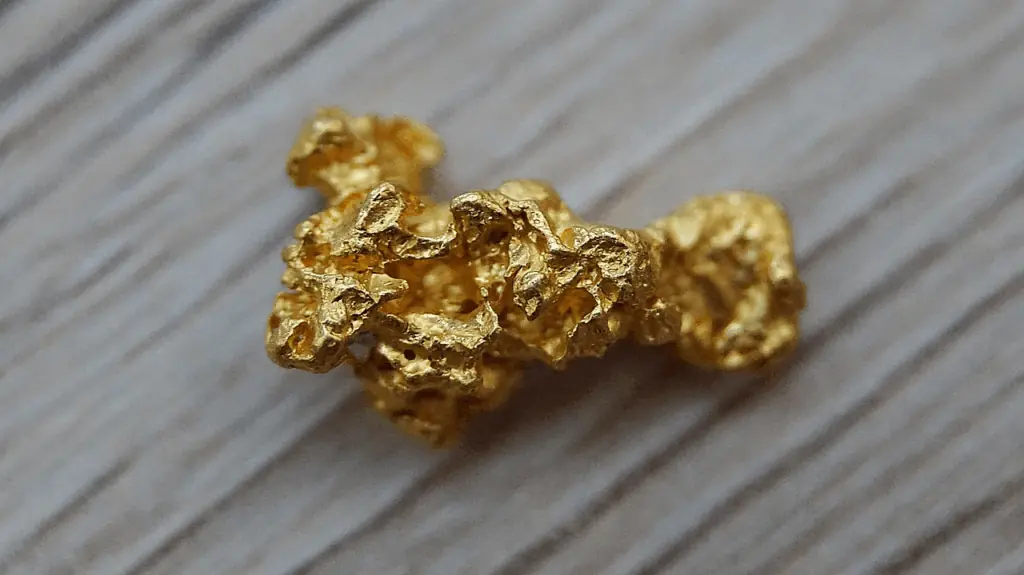
Scientists Shock World By Turning Lead Into Gold — But There’s A Catch

Why Letting a Baby “Cry It Out” May Be Harmful: What Science Says

Rh-Null Blood: The World’s Rarest Blood Type, Also Known as "Golden Blood"
